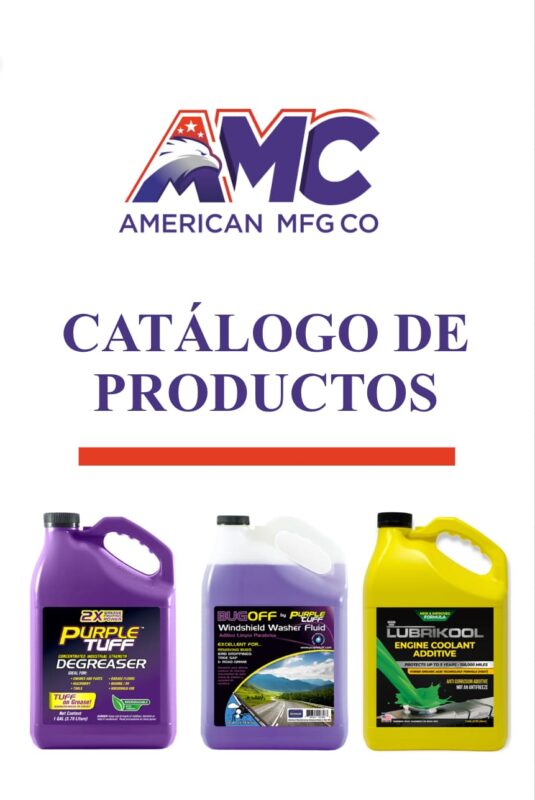Blog
5 Maintenance Tips Your Mechanic Will Never Tell You

A visit to the mechanic is often an unfamiliar experience for many; the technical jargon these professionals use is usually beyond our understanding. This often leads vehicle owners to spend more money than necessary on repairs and routine maintenance. Mechanics are our go-to when the brakes start to wear out or the tires need replacing. They are our lifesavers when we’re stranded in the middle of nowhere.
Although most mechanics follow ethical practices, some see an opportunity to make extra profit since many customers have little knowledge of automotive repairs. They may suggest unnecessary fixes with the reasoning: “Why wait until the problem gets worse?” While this may be true in some cases, the reality is not always so critical.
You don’t need to be an expert in the inner workings of your car or an automotive engineer. However, there are a few things you should know that your mechanic might not be telling you. Here are five key points:
1. Get a Second Opinion Before Spending Money
Most people rely on mechanics both for advice and services. However, mechanics often alarm customers with expensive repairs or major upgrades. While some of these are necessary, other times you’re handed a bill with additional charges or repairs you don’t actually need.
That’s why it’s always best to seek a second opinion. If a mechanic gives you a long list of expenses, tell them you’ll think about it and take your car to another shop. Try to get at least two or three quotes and go with the most cost-effective option. Many shops even offer free estimates, which makes comparison easier.
2. You Don’t Need to Be an Expert to Change the Oil
An oil change is one of the most common and simplest steps in car maintenance. You don’t need extraordinary skills or expensive equipment—just a bit of knowledge and the right tools.
For many mechanics, this procedure is an easy source of income, and they often take advantage of the traditional “every 3,000 miles” rule. While this used to be the standard, modern oils can last much longer. Some synthetic oils only require changes every 10,000 or even 20,000 miles.
If you’re willing to get your hands a little dirty, changing the oil is a great place to start learning basic car maintenance and boosting your car’s resale value.
3. Fuel Additives and Cleaners Aren’t Always Necessary
Many mechanics recommend chemical additives, such as fuel system cleaners, especially when customers are planning long trips or leaving their car unused for a while. These products are designed to improve performance and prevent residue buildup in the engine.
However, engine deposits were much more common before 1995, when detergents began to be added to gasoline to prevent such issues. Unless you have a very old engine or a nearly empty tank, you don’t really need to accept your mechanic’s offer to buy these additives.
4. Brake Repairs Are a Big Money Maker
Once you learn how to change the oil, you can also learn to replace brake pads and rotors. For mechanics, these types of repairs are like printing money since they are often very expensive.
It’s a messy and somewhat tricky job, but not impossible. If you don’t have access to a hydraulic lift, a jack can help you replace worn-out brake pads. Although it may take you some extra time, it can save you a lot of money on what is essentially a straightforward repair.
5. Always Ask to See the Old Parts
You may think your car’s old parts are just scrap, but sometimes they’re still in working condition. It’s important to take a look at the parts being removed and the new ones being installed.
Some mechanics use second-hand parts to cut costs, but you should make sure that the replacements are completely new. Also, inspect the old parts to see if they were really worn or broken. You can even search online to learn how long certain parts are supposed to last and how they should look when damaged.
Conclusion
Good mechanics are like good friends—hard to find. Having some knowledge about your car will always work to your advantage. And if you’re looking for the right products to maintain your vehicle, American MFG is your best option. From coolants to windshield washer fluids, they have everything you need to keep your car in perfect condition. Trust American MFG to take care of your vehicle!
5 Maintenance Tips Your Mechanic Will Never Tell You

A visit to the mechanic is an unfamiliar experience for many; the technical terms used by these professionals are often beyond our understanding. This leads vehicle owners to spend more money than necessary on repairs and routine maintenance. Mechanics are our first choice when the brakes start wearing down or the tires need replacing. They’re our lifesavers when we’re stranded in the middle of nowhere.
Although most mechanics follow ethical practices, some see an opportunity to make extra profit, as many car owners lack knowledge about automotive repairs. They may suggest unnecessary fixes with the reasoning, “Why wait for the problem to get worse?” While this can be true in some cases, the reality isn’t always so critical.
You don’t need to be an expert on the inner workings of your car or an automotive engineer. However, there are things you should know that your mechanic might not be telling you. Here are five important points:
1. Get a Second Opinion Before Spending Money
Most people rely on mechanics for both advice and services. However, mechanics often alarm customers with costly repairs or major upgrades. While some may be necessary, other times you’re handed a bill with extra charges or repairs that you don’t really need.
That’s why it’s better to seek a second opinion. If a mechanic gives you a list of expenses, tell them you’ll think it over and take your vehicle to another shop. Look for at least 2 or 3 options and choose the most cost-effective one. Many services offer free estimates, allowing you to compare prices.
2. You Don’t Need to Be an Expert to Change the Oil
Changing the oil is one of the most common and simple steps in car maintenance. You don’t need extraordinary skills or expensive equipment—just some basic knowledge and the right tools.
This procedure represents easy income for many mechanics, who also take the opportunity to recommend the 3,000-mile rule. While it’s a standard practice, modern oils can last longer. Some synthetic oils only need to be changed every 10,000 or even 20,000 miles.
If you’re up for getting your hands dirty, an oil change is a great starting point to learn basic mechanics and improve your car’s resale value.
3. You Don’t Always Need Fuel Additives and Cleaners
Many mechanics recommend chemical additives, such as fuel cleaners, especially when owners plan long trips or will leave the car inactive for a while. These products are added to the fuel to improve performance and prevent buildup in the engine.
However, deposits in engines were more common before 1995, when detergents started being added to gasoline to prevent these issues. So, unless you have a really old engine or very little fuel in the tank, you don’t need to accept the mechanic’s offer to buy these additives.
4. Brake Repairs are Their Source of Income
Repairing brakes is a major source of income for them. Once you learn how to change the oil, you can also replace brake pads and discs. For mechanics, these types of repairs are like printing money, as they tend to be expensive.
It’s a somewhat complicated and dirty job, but not impossible. If you don’t have a hydraulic lift, a jack can help you change the worn brake pads. While it may take you some time, it will save you money on a repair that, in essence, is quite simple.
5. You Should See the Old Parts
You might think the old parts of your car are just junk, but sometimes they still work perfectly fine. It’s important to review the parts they remove and the ones they’re going to install.
Some mechanics use used parts to cut costs, but you should make sure the new ones are truly brand new. Also, inspect the old parts to determine if they were actually worn out or broken. You can search online to see how long a specific part should last and what it looks like when it’s damaged.
Conclusion
Good mechanics are like good friends: hard to find. Having some knowledge about your car will always be useful. If you’re looking for the right products to maintain your vehicle, American MFG is your best choice. From coolants to windshield fluids, they have everything you need to keep your car in top condition. Trust American MFG to take care of your vehicle!




